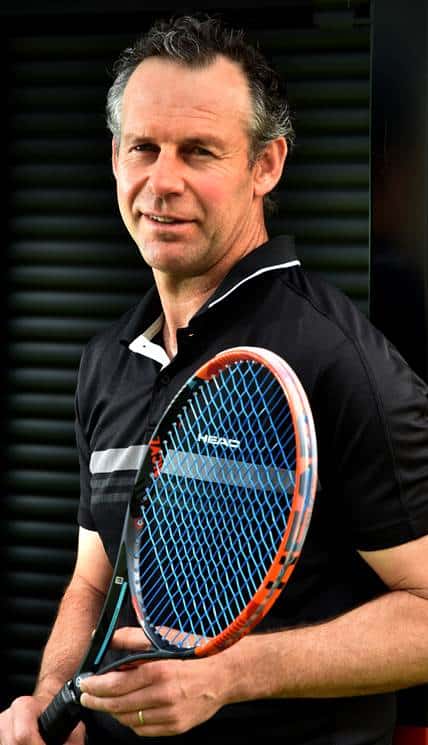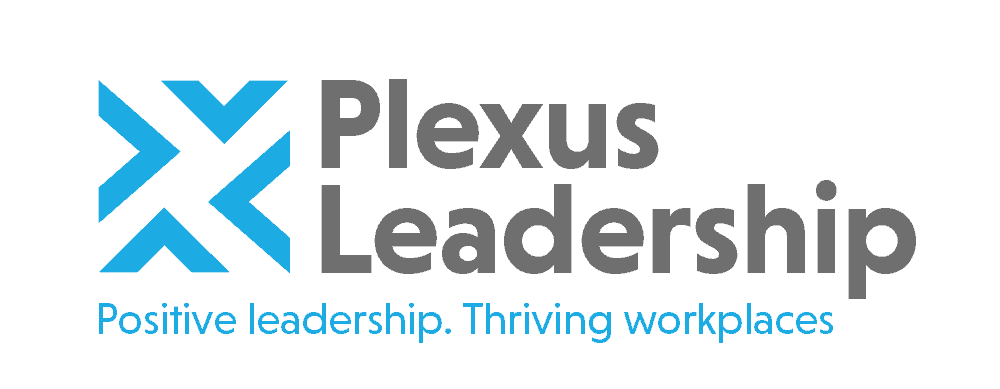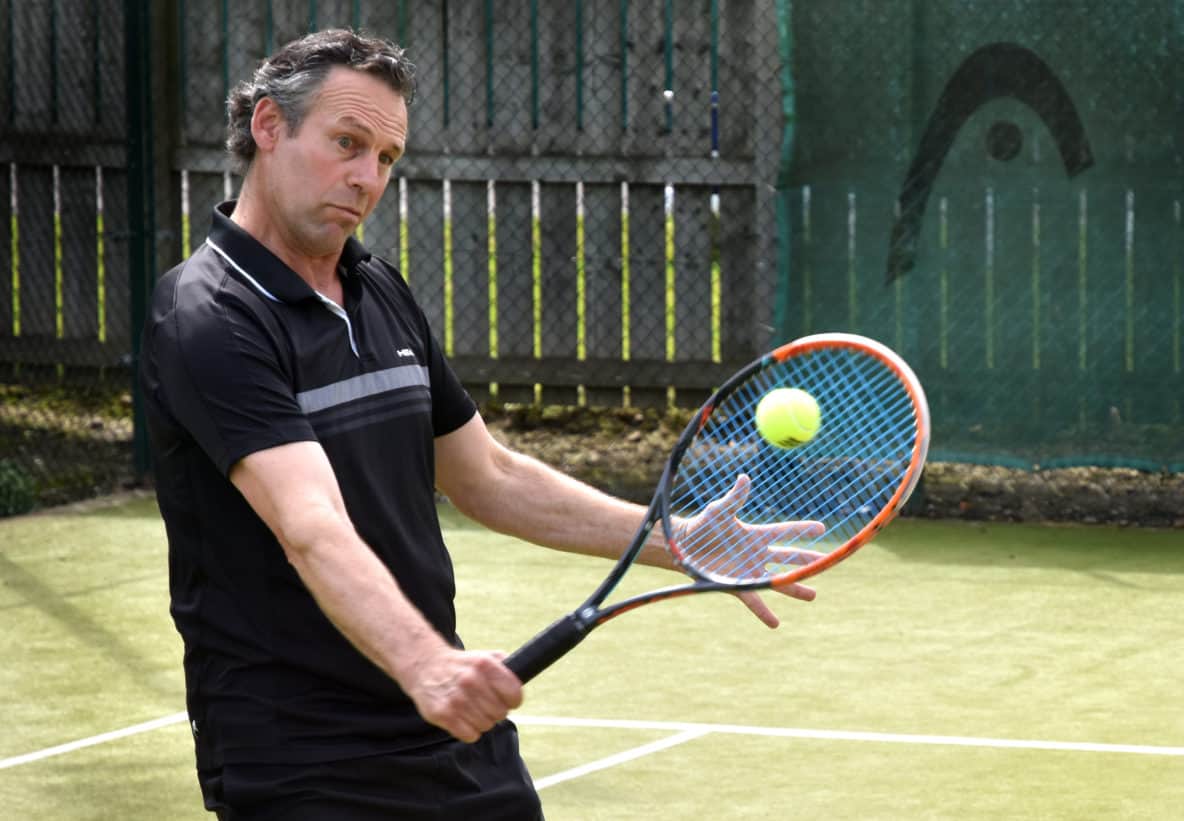We don’t always get what we hope for, expect or plan for. Stressful events, setbacks and crises happen. Some, like Covid, are unexpected and can have a seismic impact on our work and life generally. All these events can create a lot of negative stress, especially if we experience a sequence of stressful experiences and setbacks. For organizational leaders and elite athletes, the stress can be so intense that it can impact massively on performance. We have a word for individuals who consistently and in the long run cope well with stress. We call them resilient. We say they have resilience. Nelson Mandela as a political leader and Roger Federer in tennis are fine examples of a resilient leader and a resilient athlete. Here I want to offer some thoughts on what it means to say someone shows resilience – with a particular focus on some parallels between the practice of leadership and elite sport.
The constant process of adaptation and spring forward
Resilience in leadership and sport is not like steel but more like strong bamboo, it bends and springs forward (not just back). It’s all a matter of regaining balance when something or someone knocks you off track and then finding your way to a new and even better track. You bounce back stronger and better because you learn and grow from the experience. Whatever knocked you off track before is less likely to stand in your way and feel like such a tough obstacle again. You will have learned and added to your repertoire of adaptive strategies. So resilience in leaders and elite athletes is not a matter of fixed characteristics which serve to deflect what comes along. Rather, resilience is a process. It is a matter of constantly adapting and improvising to find better and more creative solutions after a realistic assessment of circumstances has been made.
Optimism to grow and find solutions
The most fundamental choice the leader or elite athlete faces, in the face of overwhelming or unforeseen challenge is: shall I call it a day or carry on? During Mandela’s time behind bars his sustained belief in his cause and personal mantra “the greatest glory in living lies not in never falling, but in rising every time we fall,” kept him going. There must be a compelling reason to carry on – the organization’s mission and values for the leader, and the individual athlete’s reason for striving in their sport. Recognizing and constantly renewing this fundamental purpose powers the motivation to adapt, change and keep going. There must be a reasonable level of optimism that a workable solution can be found – whether it is repurposing resources, or reforming and motivating teams, for the organizational leader or game plan adjustments, or technique improvements for the tennis player.
Of course, changing course and plans needs to be thought through and risk assessed. Ultimately, commitment to new directions involves facing one’s reasonable fears, associated with poor outcomes with courage. The capacity to do so is the hallmark of the successful leader and successful elite sportsman. It is precisely this sort of planning, risk assessment, courage to face fears and commit to action, which helped Federer overcome a series of defeats at the hands of Nadal. Accomplishing this through introducing to his game a strategic on court repositioning, and taking Nadal’s topspin forehands head on (on the rise) with devastating effect.
Resilience is learned
Speaking from my own experience, three of my most accomplished career highlights followed shortly after significant setbacks. Notably my most important career title followed 4 weeks on from restarting after a fractured hand accident (playing cricket) which led to reflection, introspection, and thorough analysis. This resulted in innovative practice, a difference in attitude, more freedom in decision making and ultimately success.
The adaptive mindsets, and behaviours, which underlie the processes, that we refer to as resilience, can be learned. This learning is helped by genetic and biological factors and supported by the stress suppressing ‘inoculative’ effects of overcoming early adverse experiences as noted by Brenda L Martini in ‘Leadership and Resilience’. But the capacity to adapt is mostly shaped by positive habit formation based on self-awareness, skills development to promote self-efficacy and mindful control, of one’s emotional responses to situations.
Draw on others for support
Do not underestimate how simple focusing and breathing exercises, coupled with celebrating past successes can boost the self-confidence which fuels the adaptive processes which underlie resilience. And, in the current climate, we must never lose sight of the vital part social interaction plays in regaining and supporting our balance. Athletes certainly draw on these support lines to remain on track and so should leaders!
Other Posts

About the Author
Marius Barnard, Consultant and Coach
Marius, an ex-professional tennis player, brings a powerful combination of insight, empathy, and emotional intelligence to his work as a consultant and coach. Applying his specialist knowledge and experience of elite sports and performance psychology, he focuses on co-creating relevant strategies for leaders and managers to enable them to lead effectively in times of great stress and change.
Marius’ 13-year tennis career included doubles victories over six World No. 1’s: Roger Federer, Andy Roddick, Marat Safin and Goran Ivanišević. He won 6 tour titles, reached 8 further finals, quarter finals at Wimbledon and the Australian Open. Following his international tennis career, Marius established himself as a coach, mentor, and teacher (York St John University).
His current work involves coaching CEO’s, directors, and managers to improve their performance, adapt to fast change and manage their work pressures with self-belief, optimism, and resilience.
Marius has a degree in Business Psychology and Business Management. Additionally, he has completed a Life Coaching Diploma, and studies in Emotional Intelligence and Managing Mental Health and Stress in the workplace.





